Note: I posted an article on privilege almost exactly a year ago, but upon re-reading it, I realized that not only did it not go far enough, but that by only having one article I was doing a great disservice to my readers.
It feels like everywhere I turn there are discussions about discussing privilege. The term comes up in conversations with friends in passing - as in “I know and am grateful for my privilege, but…”. It comes up on my social media feed - as in “we need to confront our privilege”, and it comes up in news stories - as in “Tammy Duckworth didn’t come from privilege”.
Saying the word and acknowledging our own privilege, whether racial, gender, or economic (or all three), is good. Recognizing that it exists is an important first step, but it is only a first step and a pretty minor one at that. Conversations in passing, instagram and the periodic news story are all great forums for pushing a term to the forefront of our lexicon, but they are often not great spaces for going deeper (of course there are exceptions to this rule). I’ve been finding myself growing increasingly frustrated by the conversations, or, perhaps a better way of putting it, the “almost-conversations” that I’m surrounded by.
It feels frustrating because I know through my day-to-day work that privilege runs deep within our understanding of our own financial realities and relationships. Privilege impacts how we earn, how we spend and how we discuss money. And those things -- the hows of money -- impact our society at large. By just touching the surface we are never going to be able to unpack our own privilege or make larger organizational and structural changes that will change the status quo. Instead, we just sit in the space of recognizing some guilt and shame we feel and hope that the recognition relieves us of our individual pain. Unfortunately, economic justice isn’t about individual pain, it is about collective disenfranchisement.
So, let’s have a real conversation about privilege. Or, since this is just one small article, let’s at least start a real conversation about privilege -- one that we can come back to and continue to unpack over the following weeks, months and, let’s be honest, years.
Since my expertise is financial, I’m going to focus on economic privilege, but I highly encourage you to have these same internal and external conversations around other forms of privilege (race, gender, sexual-orientation, body, nationality).
A Guide for Understanding Your Own Privilege
First, we need to better understand the bare bones data on where we fall in the economic ladder of our society.
Because of the way we talk about money in this country (or rather, don’t talk about money), many of us assume that we are farther down the economic ladder than we are. The Pew Research Institute created a calculator that shows where you fall economically based on your geographic location, household income and number of members of your household. Take a minute to go find where you fall. Are you surprised? Play around with the calculator a little bit -- how easy is it for you to move from tier to tier? What happens if you pretend you got a raise? What happens if you add or subtract a significant other from your numbers?
My family falls within the middle income tier in the Los Angeles area, but only barely. If we have a good year financially (i.e. not a pandemic year) then we quickly move into the upper tier. Once our baby is born it’ll be slightly harder to stay in the upper tier because our household will be bigger and therefore each of us will have a smaller portion of the income allotted to us within the family unit, but I expect, based on past experiences, that over the next few years we’ll continue to earn more and therefore move back into the higher tier. The fact is that even though I am not part of the 1% of Californians (who make a minimum of $514,694 per year), I am far from poor. To see the minimum income to be in the 1% by state, check out this article. To learn more about the tiers and change in concentration of wealth over time in the U.S. check out this Investopedia article.
Next, we need to understand the ways that we experience economic privilege and recognize that much of our success is buoyed by our own privilege.
The American dream ideal encourages us to try to fit into the “I pulled myself up from my bootstraps” storyline regardless of our own backgrounds. My family lore certainly leaned into this narrative -- my father grew up in a upper-middle class neighborhood in the Milwaukee suburbs, went to college (granted, there were some bumps in the road for him during this time) and then worked his way from an entry level position at a bank up to Vice-President in a multinational corporation. He absolutely worked hard and he did move from near the bottom of the totem pole to very close to the top, but this is not a “pulled myself up from my bootstraps story”. My father is white, tall, has all of his hair and, while not receiving regular financial support from his parents after leaving home, benefited greatly from the place of economic privilege he was born into.
Similarly, I grew up in a upper-middle class suburb of Chicago, went to a top rated public school (where I attended honors classes, which in retrospect, were blatantly tracked based on race), attended a private university paid for by my parents and then took advantage of the opportunities surrounding me to go into education and then, later, finance. I worked hard. I still work hard! I also am working within a societal framework that sets me up for success. Perhaps as a woman in finance, less so than my father, but I have removed myself from the typical financial industry in order to avoid the sexism that so often coalesces in large, male-dominated fields. Being able to remove myself was only possible because of my privilege. I knew that I could start my own business, I knew that if things went really poorly I could find outside work and I knew that family and friends would help me if needed.
You experience economic privilege if any of the following is true (note: this is not an exhaustive list, just a starting point):
You grew up in a neighborhood with good public schools
You went to private school
You were taught specific ways to interact with those in power so that they would help you (i.e. writing thank you notes, dressing a specific way for specific events)
You were able to choose your post-high school pursuits without focusing on cost or income
You received at least some financial support from family and friends when you attended college and/or graduate school
You’ve been able to take unpaid internships
You have a network of friends and family who are able to help you get employment or other career related opportunities
You do not have student loans
You have not had to take loans or use credit cards in order to take advantage of non-paid or poorly-paid “great opportunities”
You have been able to take advantage of career opportunities that cost you money instead of pay you money
You are able to pay for equipment, materials and clothing that is “necessary” to be comfortable or taken seriously in professional settings
You are able to outsource work, either professional or personal, to others that would otherwise take time out of your day
How many of these experiences have you had? Are you surprised by the layers of privilege you experience?
Over the course of the next week I encourage you to spend time reflecting on your experiences of economic privilege. Take time to journal, think quietly, talk to close friends and family members to try to delve deeper into this work. You will not be able to fully understand your privilege in a week. Society has done an incredible job of creating social norms that make it very difficult to unpack the invisible threads that help us, but, with time and effort, you will be able to understand a lot and, perhaps more importantly, create neural pathways that allow you to continue to delve into this uncomfortable awakening again and again in the future.
Next week we’ll turn to focus on how to transform your understanding into action, but, as I’m a big believer in the power of truly understanding your own desires and values before taking action, I’m going to leave it here for now.
As always, I’m here for you in your money journey, no matter where you are.
XOXO








